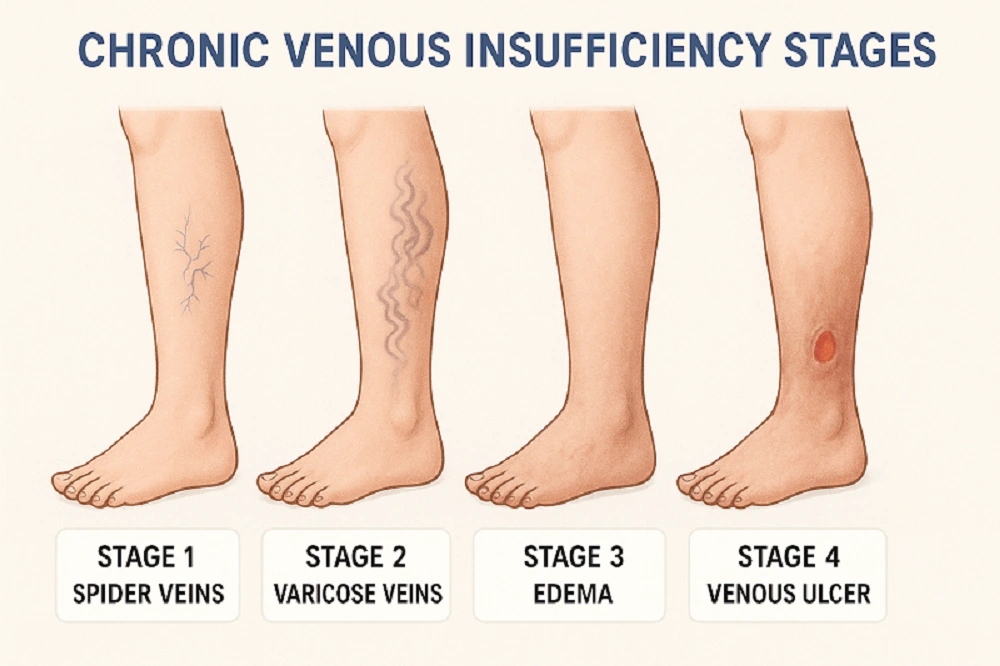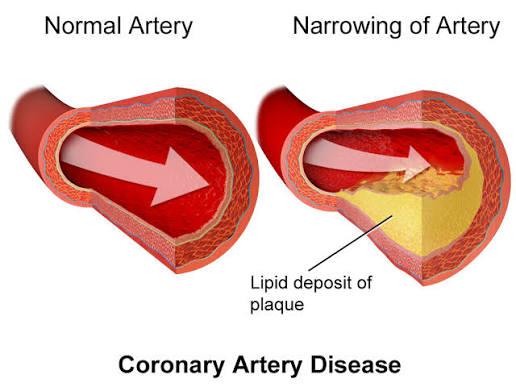
Professionalism in medical ethics refers to the adherence to a set of values, behaviors, and relationships that underpin the trust the public has in healthcare professionals. This concept encompasses a commitment to competence, integrity, respect for patients, and accountability. It is essential for ensuring high-quality patient care and maintaining the ethical standards of the medical profession.
Key Attributes of a Medical Professional
Medical professionals are expected to embody several key attributes that define their practice:
- Competence: A medical professional must possess the necessary knowledge and skills to provide effective care. This includes staying updated with current medical practices, technologies, and research.
- Integrity: Honesty and ethical behavior are fundamental. Medical professionals must be truthful in their interactions with patients and colleagues, avoiding any form of deception or malpractice.
- Compassion: Empathy towards patients is crucial. Understanding patients’ feelings and perspectives fosters a supportive environment conducive to healing.
- Respect: Treating all individuals with dignity is vital. This includes respecting patients’ autonomy, cultural backgrounds, and personal beliefs.
- Accountability: Medical professionals must take responsibility for their actions and decisions. This involves being answerable to patients, peers, and regulatory bodies.
- Communication Skills: Effective communication is essential for building rapport with patients and collaborating with colleagues. Clear communication helps ensure that patients understand their conditions and treatment options.
- Teamwork: Collaboration with other healthcare professionals enhances patient care quality. A medical professional should work effectively within multidisciplinary teams.
Relationship of a Medical Professional with Colleagues and the Public
The relationship between medical professionals, their colleagues, and the public is characterized by mutual respect, collaboration, and transparency:
- Collegial Relationships: Medical professionals should foster positive relationships with their peers based on trust and support. This includes sharing knowledge, providing mentorship, and engaging in constructive feedback.
- Interprofessional Collaboration: Working alongside other healthcare providers (nurses, pharmacists, social workers) is essential for comprehensive patient care. Effective teamwork leads to better health outcomes.
- Public Trust: The relationship between medical professionals and the public hinges on trustworthiness and transparency. Professionals must communicate openly about treatment options, risks involved, and potential outcomes to maintain this trust.
- Advocacy: Medical professionals have a role in advocating for public health issues within their communities by educating the public about health-related matters while also addressing systemic barriers affecting patient care.
Benefits of Professionalism for Medical Practitioners
Professionalism offers numerous benefits not only to patients but also to medical practitioners themselves:
- Enhanced Reputation: Upholding high standards of professionalism builds a positive reputation among peers and within the community which can lead to increased referrals from satisfied patients.
- Job Satisfaction: Engaging in professional conduct often leads to greater job satisfaction as practitioners feel they are making meaningful contributions to society through quality patient care.
- Reduced Legal Risks: Adhering strictly to ethical guidelines minimizes the risk of malpractice claims or disciplinary actions from regulatory bodies due to unethical behavior or negligence.
- Career Advancement: Professionals who demonstrate strong ethical principles may find more opportunities for advancement within their organizations or fields due to their reliability and leadership qualities.
- Improved Patient Outcomes: Ultimately, professionalism contributes significantly to better patient outcomes as it fosters an environment where quality care is prioritized through ethical decision-making processes.
In conclusion, professionalism in medical ethics encompasses various attributes that shape how medical practitioners interact with each other as well as with the public while providing numerous benefits that enhance both individual careers and overall healthcare quality.







